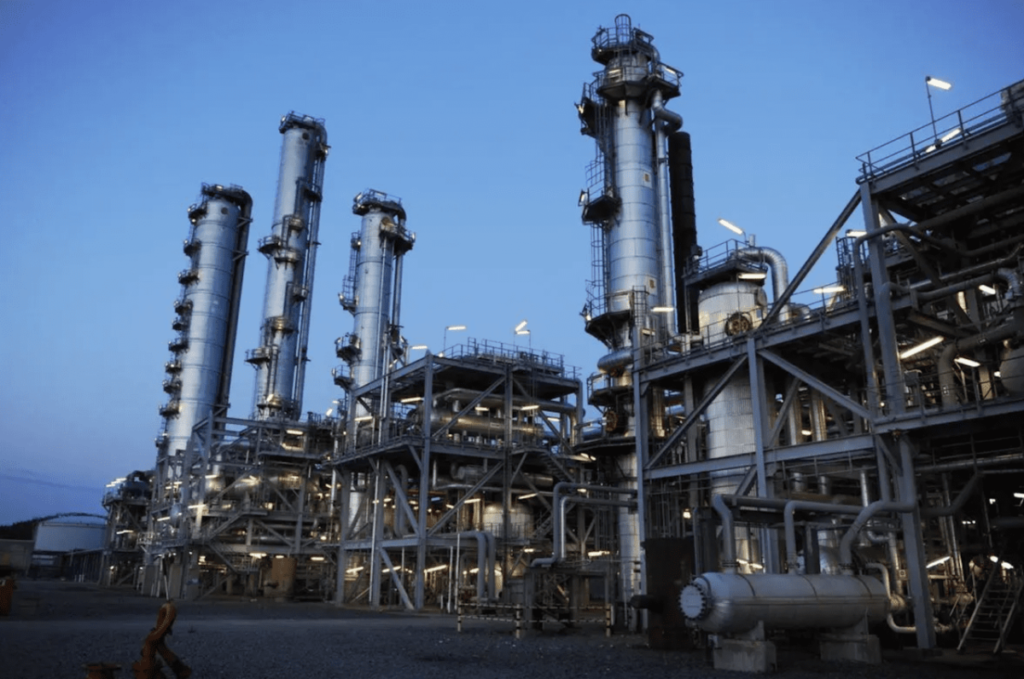Energy giant Equinor said it will not export blue hydrogen from Norway to Germany due to economic reasons and a lack of demand. Equinor said on September 20 that it would halt a project that would have supplied German gas-fired power plants with blue hydrogen via the world’s first offshore hydrogen pipeline. Blue hydrogen is a fuel made from natural gas through a process that removes carbon dioxide (CO2) as a byproduct. “The hydrogen pipeline has not proven to be viable. That also means that the plans for hydrogen production are also being put aside,” Equinor spokesman Magnus Frantzen Eidsvold told the Reuters news service. “We have decided to stop this early-stage project.” Eidsvold did say that Equinor will continue with other hydrogen projects that are in the early stages, including strategies in the Netherlands and the UK. German energy company RWE signed a letter of intent in January 2023 with Equinor to support hydrogen supply, which would have provided feedstock for hydrogen-ready gas-fired facilities in Germany. Those power plants would help replace electricity generation as Germany to phase out coal-fired power plants. RWE has said the pipeline was not its project, but rather a strategy that requires support from both Norway and Germany. Eidsvold said plans to build hydrogen-ready gas-fired power plants in Germany with RWE will continue, but the hydrogen will not be imported from Norway. RWE has said hydrogen-ready gas-fired power plants could be online as early as 2030 if German officials support construction.
‘Tens of billions of euros’
Equinor CEO Anders Opedal said last year that the cost of building a hydrogen supply chain from Norway could run into “tens of billions of euros.” Officials had said the cost of the pipeline alone would be about 3 billion euros ($3.35 billion). Eidsvold said Equinor needed more long-term commitments from buyers across Europe to support hydrogen export projects. “We can’t make these kinds of investments if we don’t have long-term agreements and the markets aren’t there,” Eidsvold told Reuters. An official at Germany’s economics ministry told Reuters on Saturday that there is now a plan to use Norwegian gas to produce blue hydrogen in the Netherlands and capture CO2 back to Norway for storage. —Darrell Proctor is editor-in-chief for POWER (@POWERmagazine).







